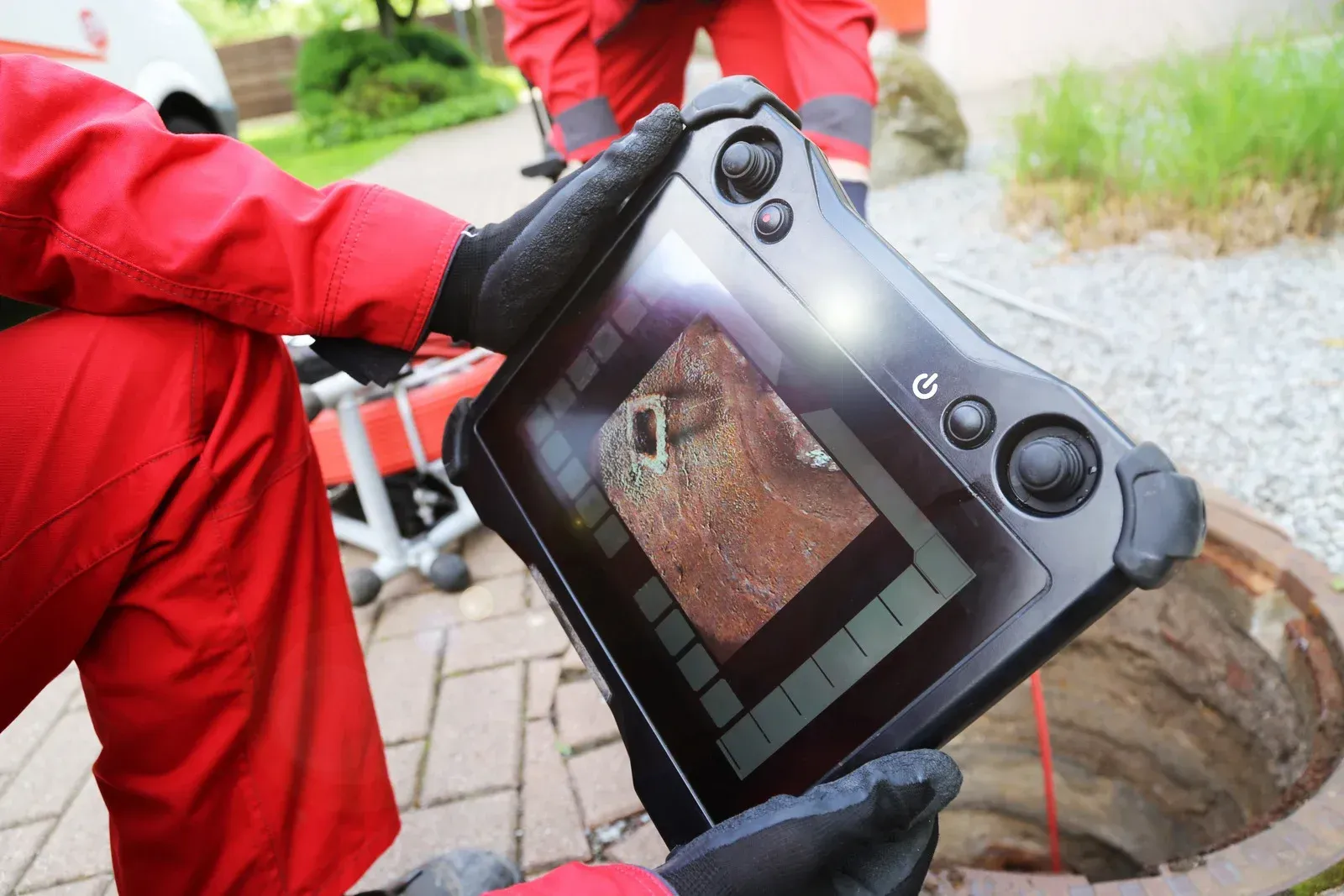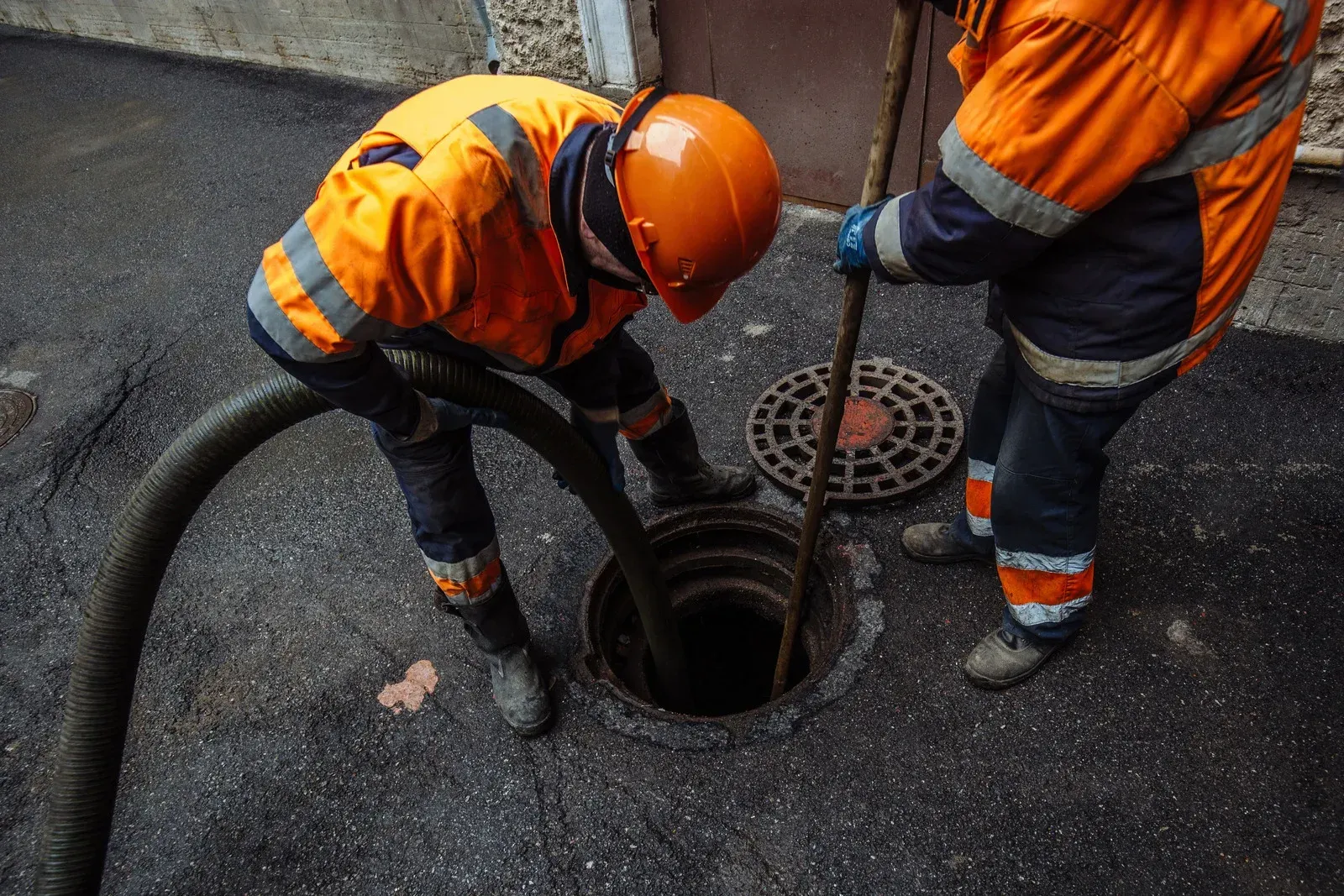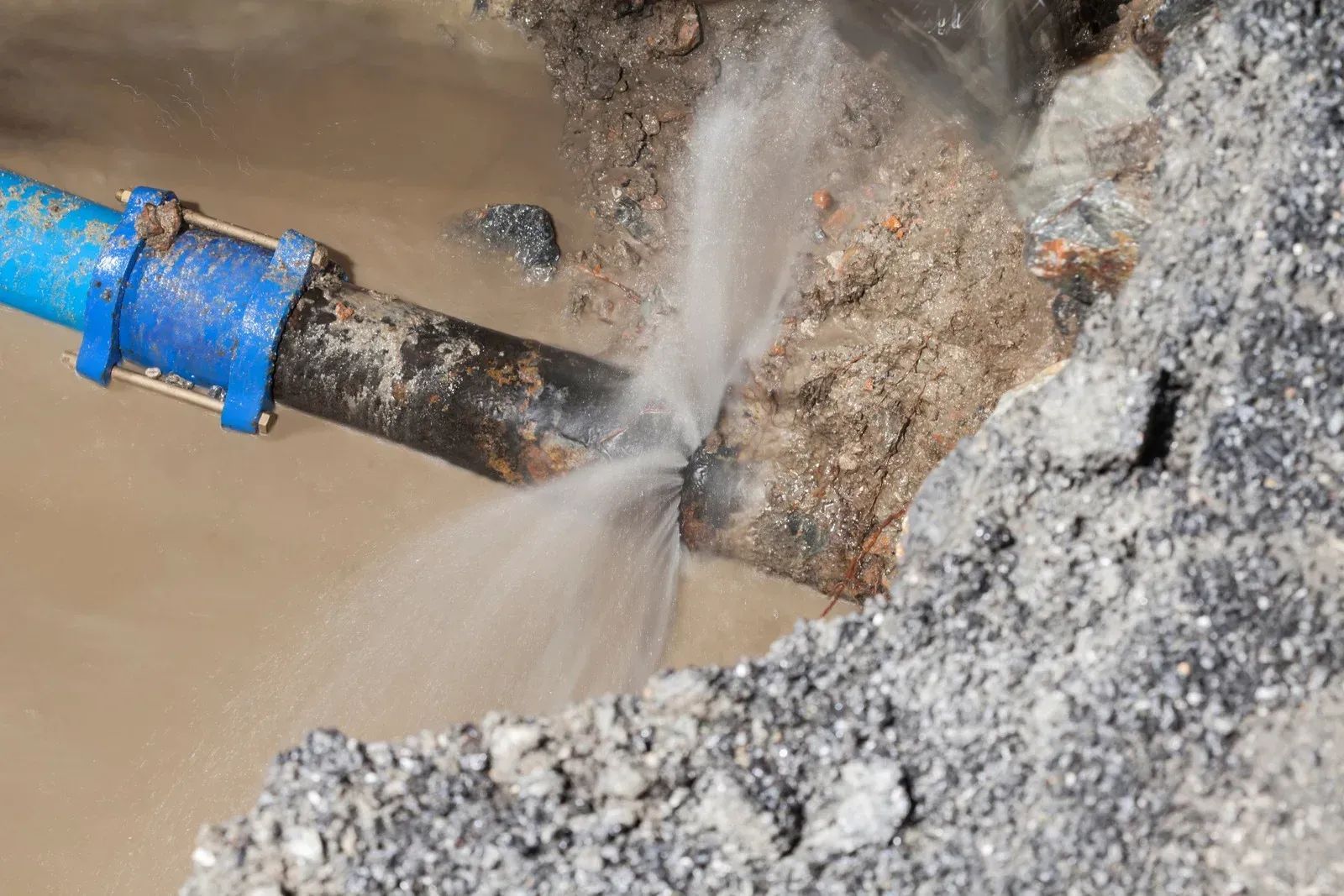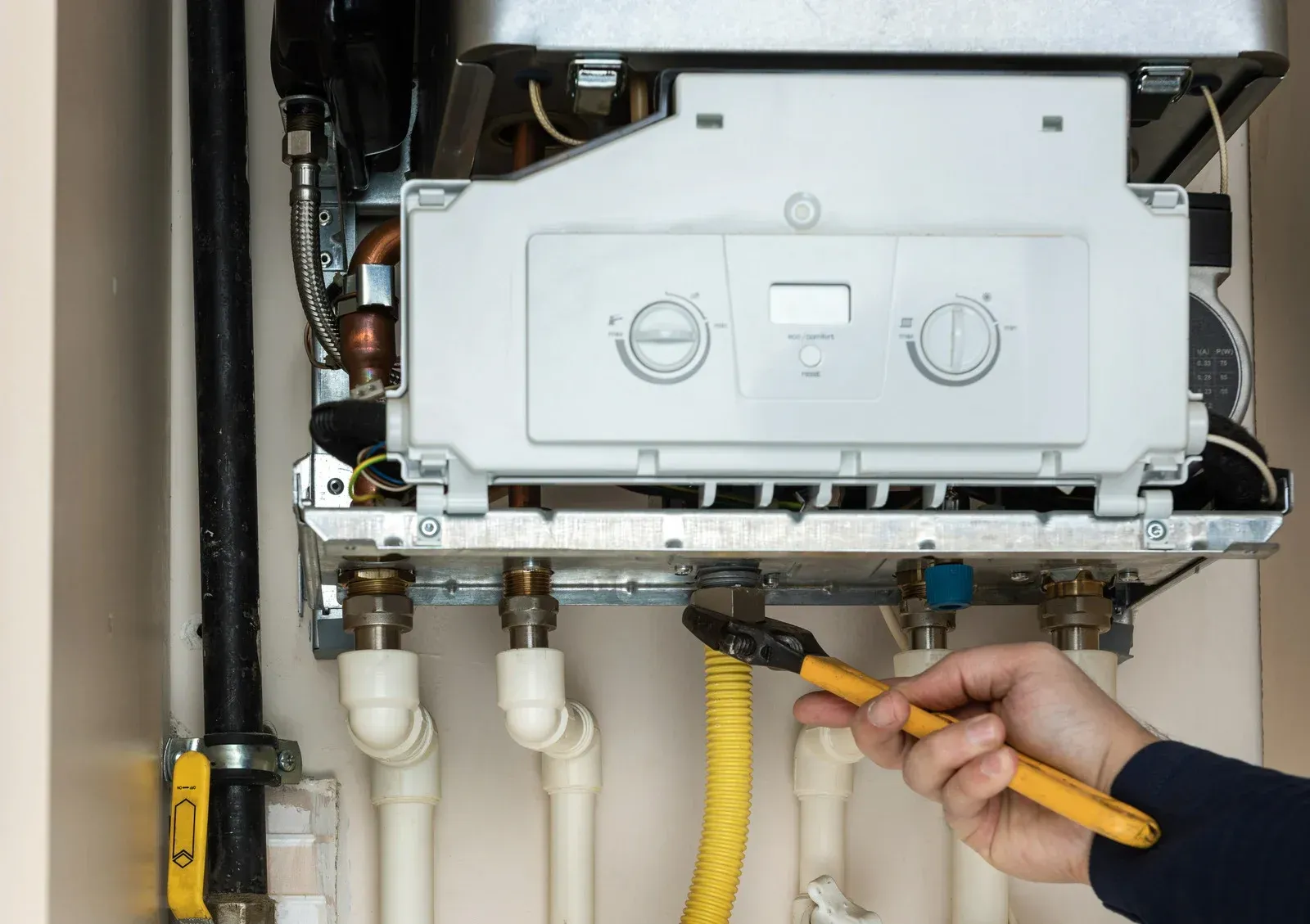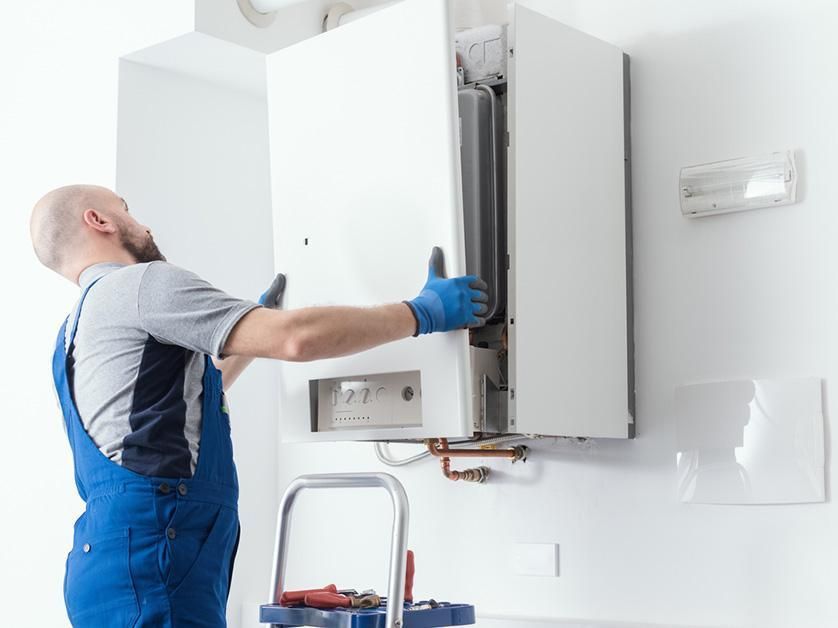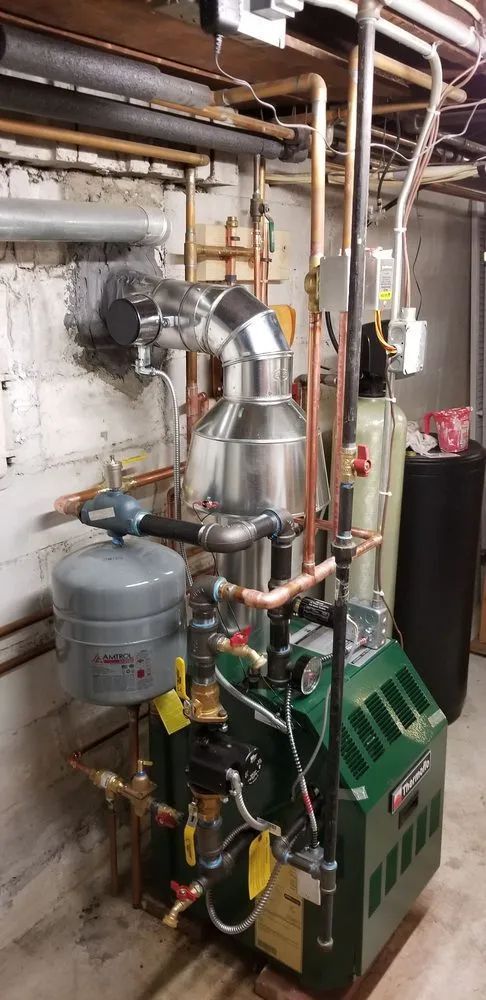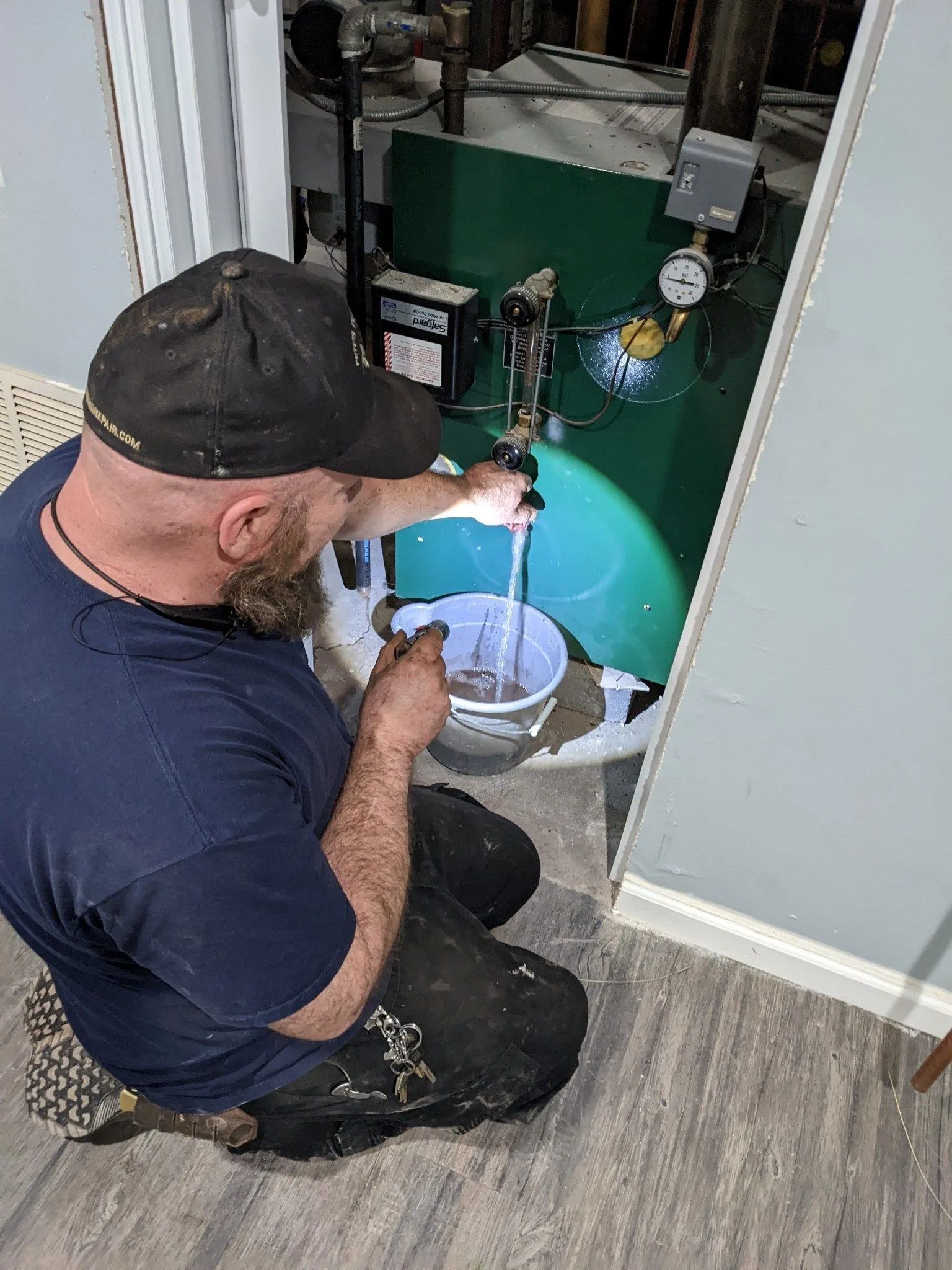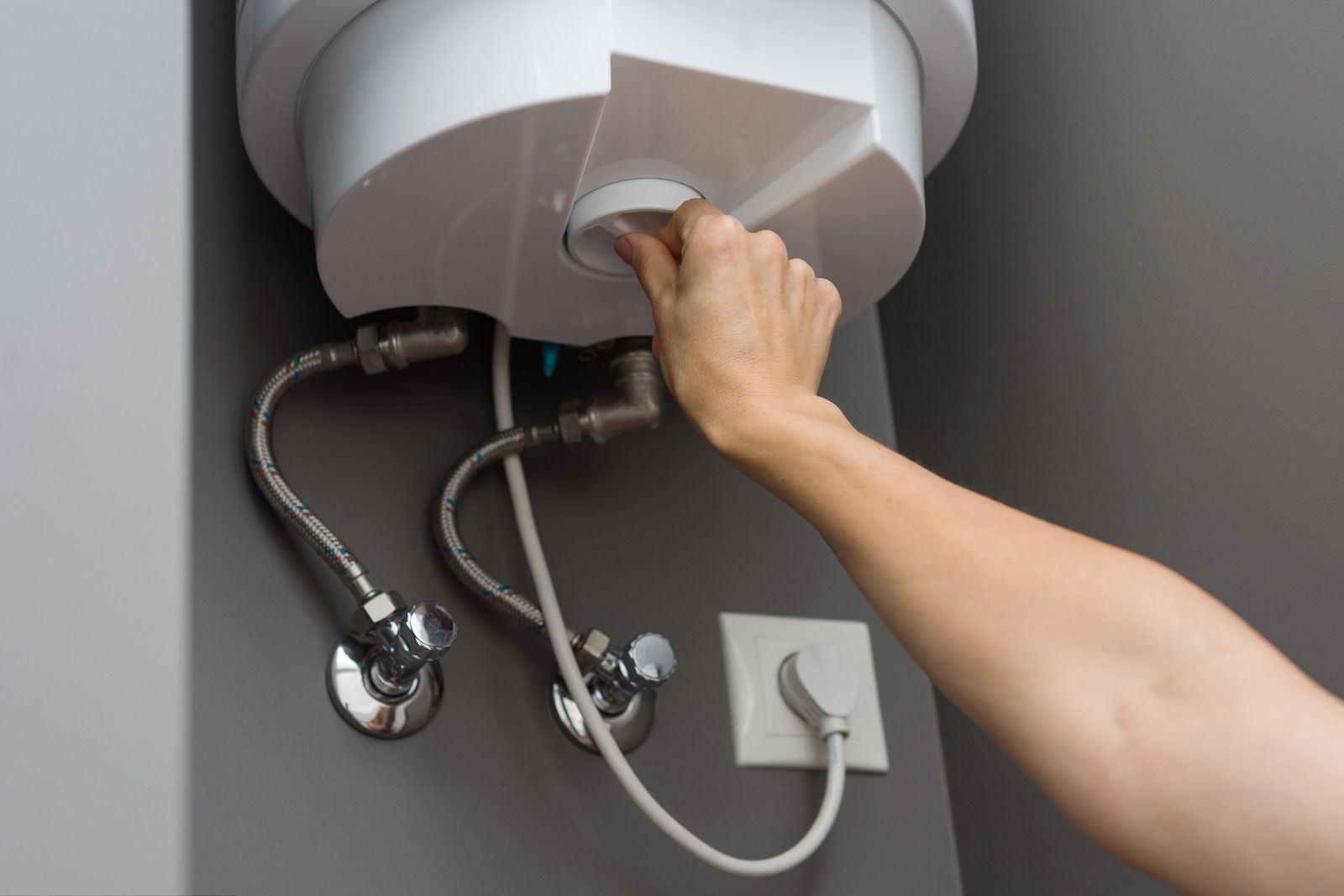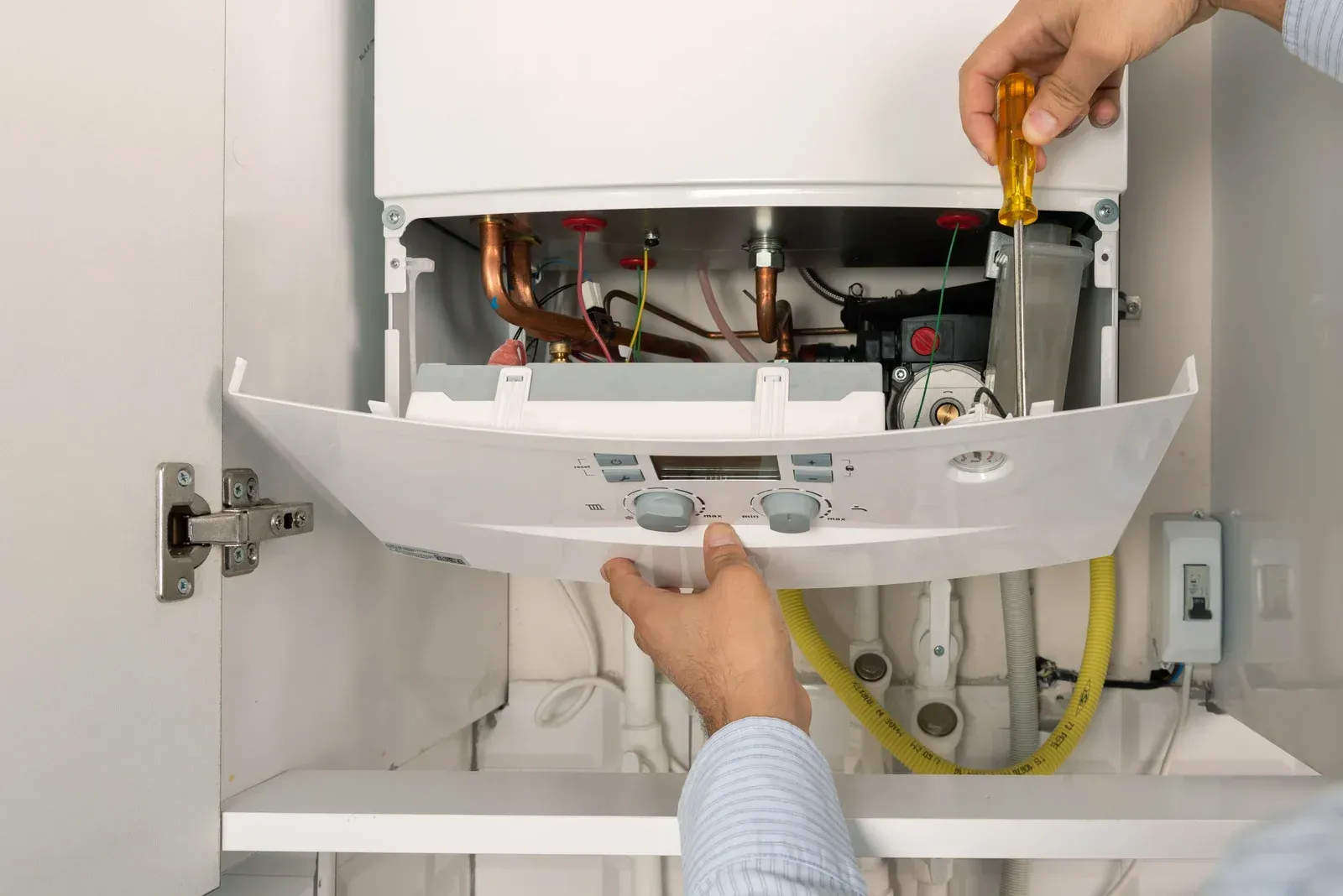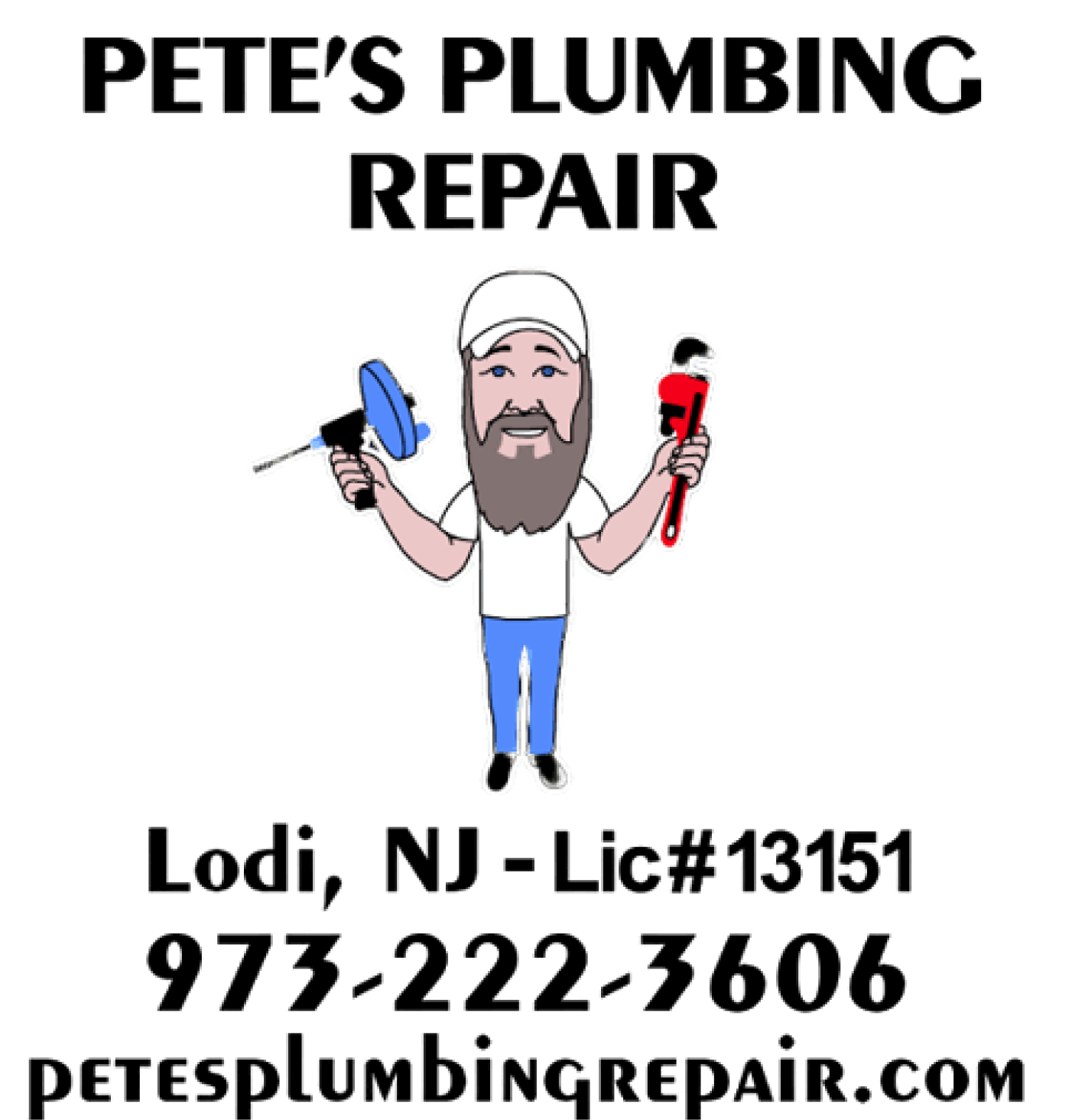Signs of Clogged Sewer and How Professionals Address Them
Clogged sewers always show signs. Slow-draining water is one of the surest signs by which you can understand that there are clogs. A clogged sewer can be a major inconvenience and health hazard. It is important to understand the signs and detect that a drain is blocked. However, timely action is required so that further damage can be prevented. In this article, we'll discuss common indicators of a clogged sewer and the effective solutions provided by professional plumbers.
Common Signs of a Clogged Sewer
Slow Draining
Sometimes you will notice that drains take a longer time to empty than usual, even after a single use. It could be a sign of a developing clog. Slow drainage in multiple fixtures throughout your home means the problem lies in the main sewer line rather than an individual drain.
Gurgling Sounds
If there is a partial clog obstructing a drain, air can become trapped in the pipes. This trapped air can create gurgling or bubbling sounds as it tries to escape. Just like with slow drainage, gurgling sounds in multiple fixtures can show that there is a problem with the main sewer line.
Sewer Backups
Sewer backups can be of any scale from minor overflows to more severe instances where sewage backs up into your home. Sewage contains harmful bacteria and viruses that can cause health issues if it enters your home. If you experience a sewer backup, it's important that you call a plumber immediately.
Pests
Clogged sewers can create a favorable environment for pests, as they often provide food and shelter. Pests can carry diseases and contaminate food surfaces, leading to health risks.
Water Puddles
Water puddles around your property, especially near the sewer line, can indicate a leak or blockage. If you notice water pooling, it's important to have a plumber look into your sewer line to understand the reason for the issue and address it.
How Professionals Address Clogged Sewers
When faced with a clogged sewer, it's important that you get professional help from a qualified plumber. They will use quality equipment to diagnose and address the issue without delay. A plumber will conduct a thorough inspection of your sewer line to determine the cause of the clog using a sewer camera to visualize the blockage and assess the extent of the damage.
In many cases, hydrojetting is a highly effective method for clearing sewer clogs. This technique involves using high-pressure water jets to blast away debris and obstructions. Snaking can be used to remove less severe clogs. A plumber will insert a long, flexible cable into the sewer line and rotate it to break up the blockage. If tree roots are causing the clog, a plumber may need to use root-cutting tools to remove them. This will prevent future blockages and protect your sewer line.
A clog may be a symptom of a more serious problem, such as a damaged or collapsed sewer line. A plumber can assess the situation and recommend necessary repairs or replacements.
Preventive Measures to Avoid Clogged Sewers
Professional plumbers can effectively address clogged sewers. They take preventive measures to help reduce the risk of future problems. Get your property's sewer line inspected and cleaned regularly to prevent clogs. This will improve the functioning of the sewage system and lead to a more durable one.
